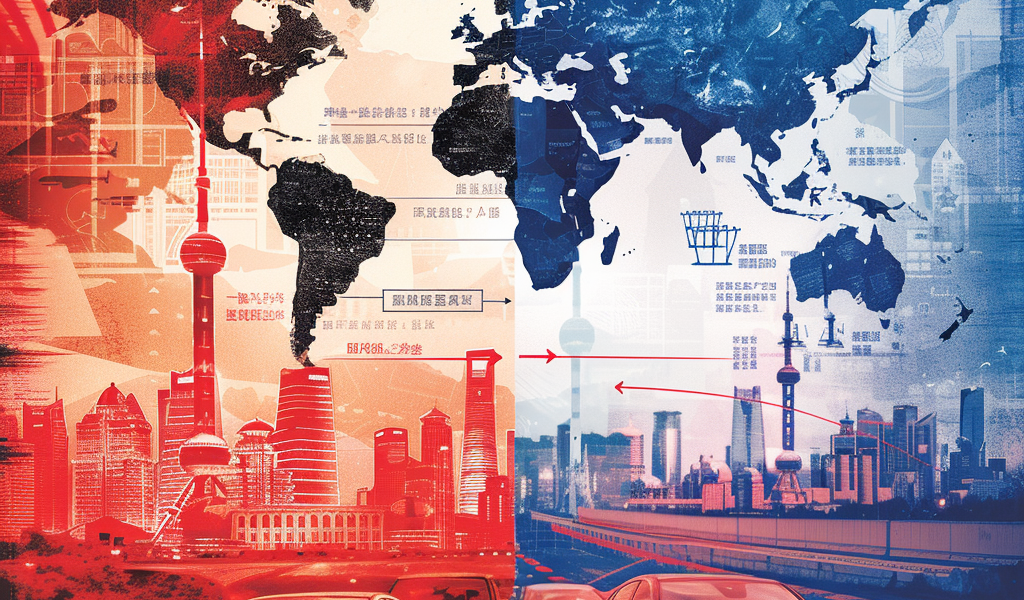President Trump’s call to raise tariffs on Chinese goods has sparked a heated debate among experts and policymakers. While some argue that tariffs could harm the U.S. economy, others believe they are necessary to counter China’s unfair trade practices.
Experts who oppose the tariffs often point to the potential negative impact on consumers and the overall economy. They argue that tariffs make goods more expensive for consumers and can lead to job losses. However, supporters of tariffs argue that they are essential to address market distortions caused by countries like China.
China has been accused of using anticompetitive tactics to gain an unfair advantage over American companies. This includes subsidies, intellectual property theft, and other unfair practices that distort global trade. By imposing tariffs on Chinese goods, the U.S. aims to level the playing field and protect American businesses.
One of the key concerns is China’s aggressive push to dominate key industries such as automotive, solar energy, and steel. Chinese companies have been accused of circumventing trade rules and taking advantage of loopholes to gain a competitive edge. This not only threatens American jobs but also undermines the U.S. economy’s long-term stability.
Moreover, China’s strategy of overproduction and dumping cheap goods in international markets poses a threat to global trade dynamics. By flooding the market with low-priced products, China aims to create dependencies and weaken its competitors.
Ultimately, the debate over tariffs is not just about economics but also about national security and geopolitical influence. As the U.S. grapples with the challenges posed by China’s rise, the role of tariffs in shaping trade policy has become a contentious issue.





